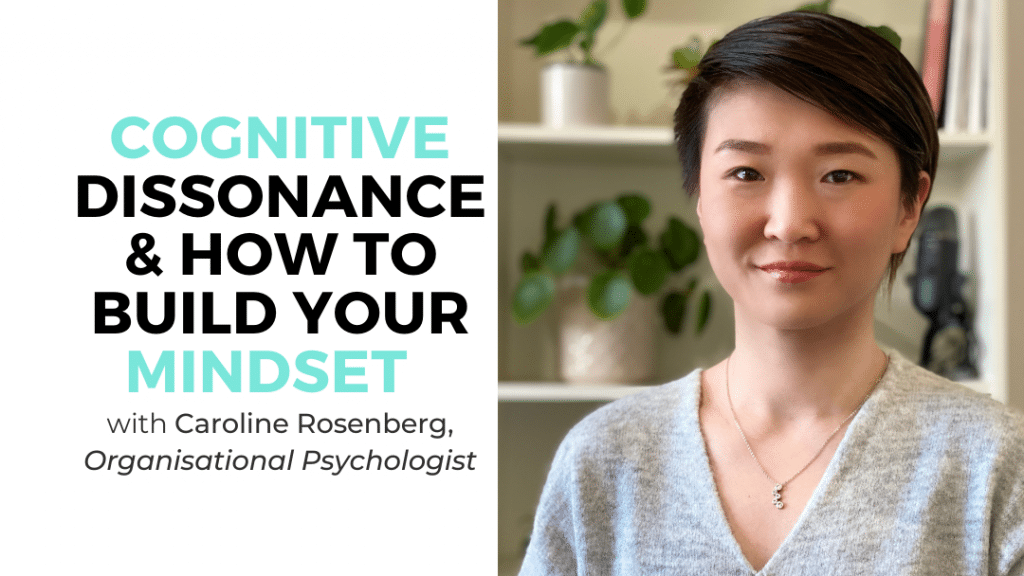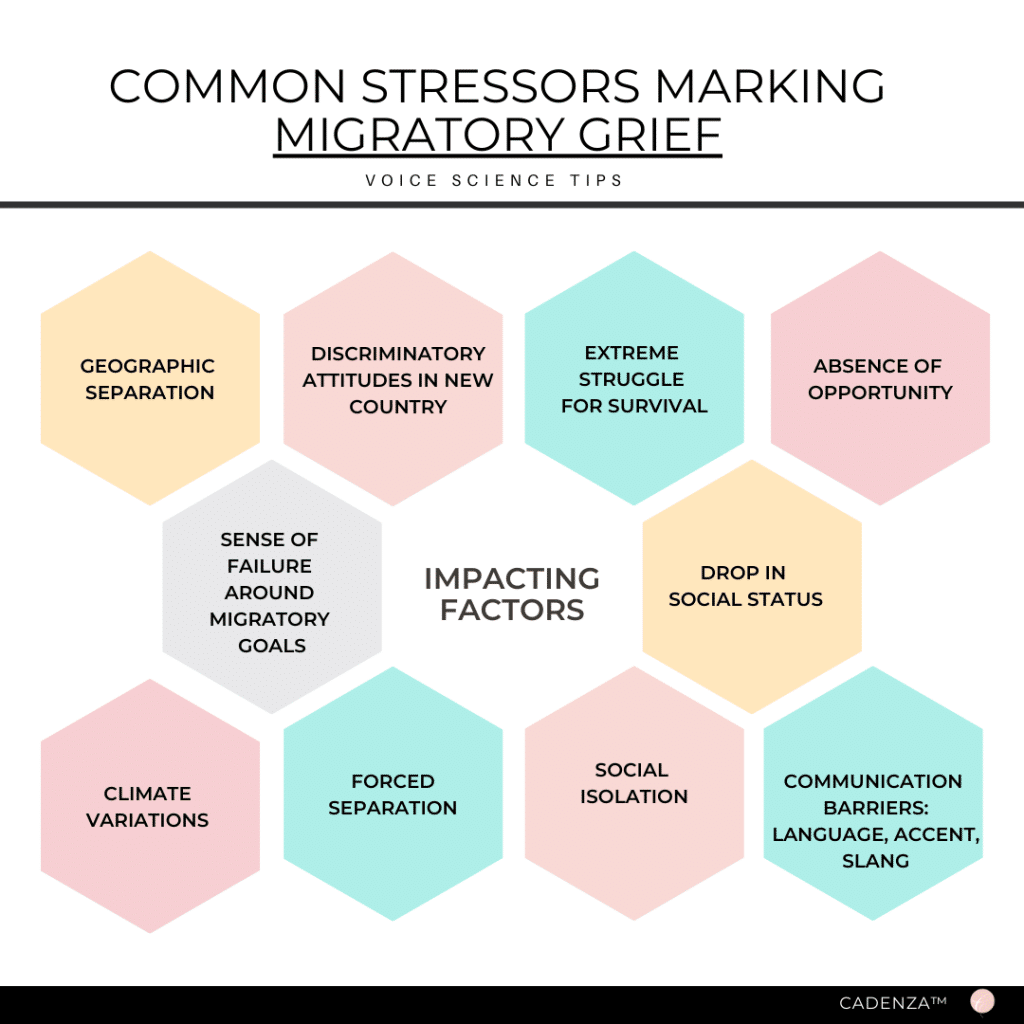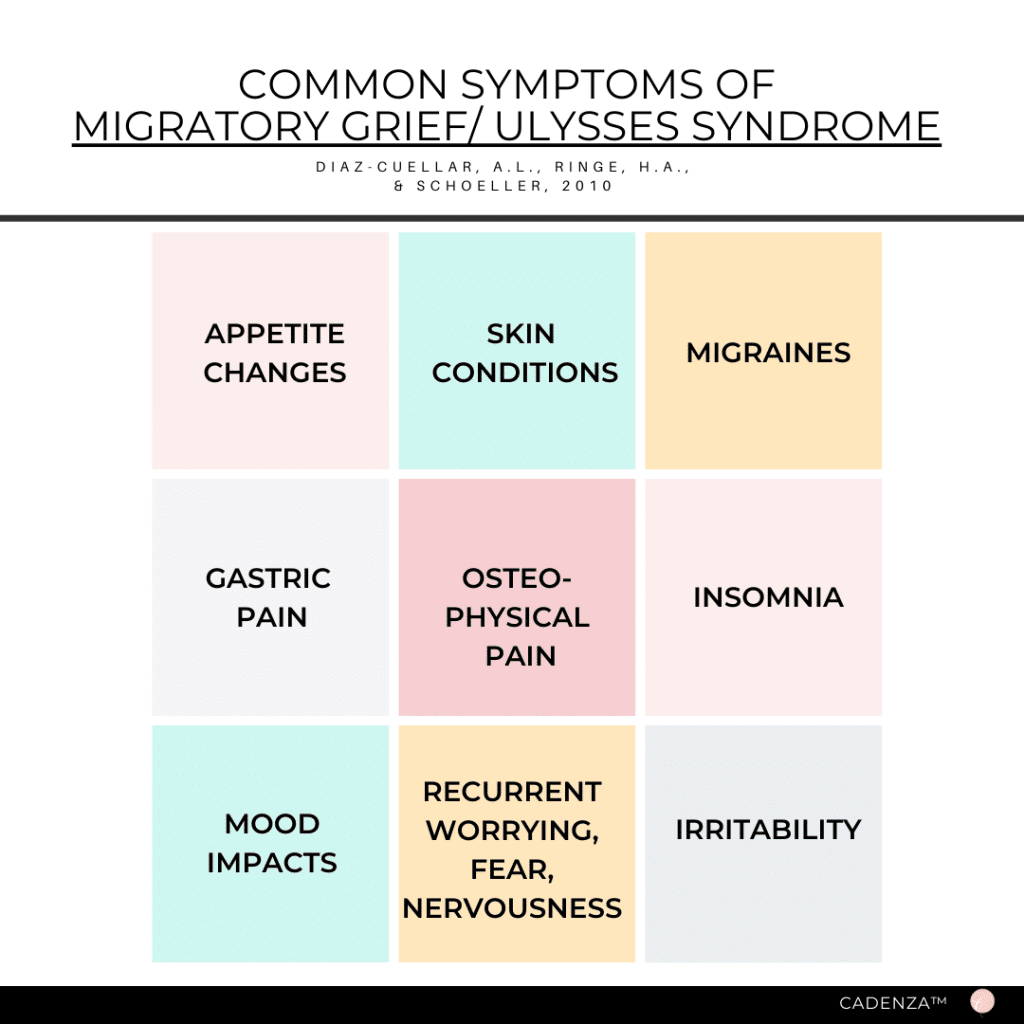How to Increase your Happiness as a Migrant in Australia
Video Podcast with Smirna Romero See our communication servicesMigratory Grief
I’m delighted to welcome, Smirna Romero to our third video podcast episode in which we’re talking about Migratory Grief and strategies to build your wellbeing as a migrant in Australia.
But first, I want to take a little moment to introduce her!
Smirna, is the founder of Always Mind, a global counselling service that serves to promote mental health via introspection and self-discovery.
She is a bilingual Spanish and English speaker. She’s registered with the Australian Counselling Association and Counsellors Victoria.
Prior to arrival in Australia, 5 years ago, Smirna worked as a qualified clinical psychologist in Venezuala.
Smirna is passionate about providing her clients with strategies to manage life problems like self-esteem issues, difficulties adjusting to higher education and migration as well as depression, anxiety, relationship issues, family problems, violence and abuse.
Smirna and I met up for an inspiring chat about strategies for improving your happiness, mental well being and migration success.
We invited counsellor Smirna to speak on the podcast because it’s important to increase public awareness around the impact of Migratory Grief and the Ulysses Syndrome in our international community.
In addition to advocacy and support in the wellbeing & mental health space, Smirna is also a Flamenco Dancer so art also plays an important part in her life. She loves multicultural Melbourne and the opportunity our city brings to share and learn about other cultures.
Connect with Smirna here.
She has a wonderful, open communication style and that knack of sharing a complex ideas very clearly with a nice amount of positivity, so I’m sure this chat will give you lots of helpful things to think about.
I hope you enjoy tuning into this one!
XO
P.S. If you have something optimistic to share on this topic or feel in the mood to pop some words of encouragement out to anyone who happens upon this page like yourself, I encourage you to add something in the comments below. It’s the first time I’ve opened comments because I think our little space on the internet is starting to feel more like a community, so it would delight me to see the conversation continuing below.


Also known as
The Ulyssess Syndrome“The Ulysses Syndrome is a series of symptoms experienced by migrants facing chronic and multiple stressors. The identification and reduction of complication of symptoms associated with the Ulysses Syndrome pertains entirely to the areas of prevention and psychosocial wellbeing, not to the curative one. In other words, the Ulysses Syndrome is immersed in the mental health scope not in the one of the mental disorders (Diaz-Cullar, Ringe & Schoeller-Diaz, 2010)”
A Melbourne Odyssey
Ulysses, or the Roman Odysseus, was known for many mythical stories and harrowing adventures, but this week I learned something more important than the myths of Ulysses. I read a lot about Ulysses Syndrome, also known as migratory grief. And there’s no myth around that!
See, Ulysses spent ten years living in distant lands and another ten fighting to return to his homeland. His story is significant to us at Voice Science because the Odyssey of Ulysses’ was a complex journey in multiple languages.
At his very worst Ulysses
“spent his days sitting on the rocks by the sea, being consumed by tears, sighs and sadness…” Odyssey, Song V.
While migrant life is not all doom and gloom, it has its challenges.
And each time we live abroad, there’s always the risk we’ll try to pack up and get out when it’s all too tough if we’re able, that is.
This condition is very relevant to me because I experienced it myself while living abroad.
It made me miserable in some countries.
Contributing factors around migratory grief are well known to most- we miss our homeland, our family, our friends, our language, even our status.
But what is not common knowledge is the degree of physical symptoms migratory grief can cause.
You’ll be surprised, and this podcast may even help you put your finger on some reasons why you’ve not felt your best living abroad.
It certainly explained the excruciating stomach cramps I used to get while living in Germany, that I could never put my finger on coupled with unexplained weight gain that completely fell off me once I relocated to Sarajevo.
It also accounted for the utter misery that hit me in a disorientated moment while living alone in Seoul, that made me rashly book my flight within the hour and give notice on my work contract, although I’d been having a fantastic time leading up to that point.
Living abroad, even in a semi-permanent manner on a working holiday, is rough, not to mention as an international student. Been there, done that!
While Ulysses Syndrome isn’t a mental health disorder per se it will shake your wellbeing around and it’s important to acknowledge its unique presence in your life as an expatriate so you can put some strategies in place.
It scares me if you’re not informed of the very real impact of living with migratory grief. I never really knew it existed and words like culture shock and homesickness but touch the very surface of what is going on.
Keep reading so you can pick up some strategies to implement immediately if faced with migratory grief.

How To Increase Your Happiness as a Migrant to Australia
Video Podcast with Smirna Romero, CounsellorThis Interview will be published at 8 pm AEST on the 1st of November, so if you get to this page earlier than then, don’t forget to turn on the YouTube Premiere reminder button.
Spotting Migratory Grief
Know the symptomsResearchers identify many symptoms corresponding to Migratory Grief.
Importantly, this is not a mental disorder but rather a condition that benefits from strategies and supports from the mental health scope. Psychologists and Counsellors can be very helpful to address issues arising from Migrant grief.
But first, what are common symptoms?
You are not weak if you experience these symptoms. Migratory grief is a process that all migrants experience.
You may even go through similar symptoms while working or studying abroad for a fixed duration or on returning to your country of origin after living abroad for a period of time. You can also experience migratory grief after moving cities, not just countries.
Strategies for Migratory Grief
Top Tips from Smirna1. Work on your self-knowledge
This is part of knowing who we are, what we like, what we don’t like, our needs, is so important to find that happiness. It’s common that we find ourselves kind of on an automatic pilot, just doing what we think we need to do, working, you know, regular daily tasks. And we don’t take a time to sit down and ask ourselves, you know, what do we need to do to feel happy? What do we love doing? What is our passion? So it all has to do with self-knowledge, and just finding out who we are really, in-depth. I think that’s one part of it, which is maybe a long process, and you might need help for it, but it’s something that you can start working on.
2. Check-in every day and ask “What am I feeling today?”
Ask yourself “What am I feeling right now? Am I feeling anxious? Am I feeling happy? What am I being worried about in this moment?”
And try to understand what those feelings are, because of everyone it’s really different. Just seeing what is it that is affecting you the most, will help you.
3. Access support. Don’t do it alone.
Then, it’s essential to get lots of support. That support doesn’t all have to be local, sometimes that can be hard to find in certain moments. So even if you have your family back home, you can talk to them online and discuss what you’re going through. But definitely talking to a qualified counsellor can be very helpful.
Check your entitlements for health insurance access to psychology or counselling services as this is often included in your insurance when you’re an international student.
If you’re already a resident with Medicare, speak with your GP as there are supports like the chronic disease management plan and mental health care plans that are available which can reduce the cost for you.
Get in touch with Beyond Blue and Headspace as well for additional resources.
4. Learn how to ask for help.
Human beings are built to connect with people. We need to be able to talk about what we’re going through. So sometimes when we’re going through a difficult moment, we tend to isolate or to avoid a problem, or we tend to think that if we talk about the problem it’s going to get bigger.
It’s actually the opposite.
We need to be able to talk about problems. Find that person that you trust, it can be a family member, it could be a friend.
Acknowledge that you need to talk about things and that’s part of actually handling them.
references
Casado, B. & Hong, M. & Harrington, Da. (2010). Measuring Migratory Grief and Loss Associated With the Experience of Immigration. Research on Social Work Practice – RES SOCIAL WORK PRAC. 20. https://journals.sagepub.com/doi/10.1177/1049731509360840
Diaz-Cuellar, A.L., Ringe, H.A., & Schoeller-Diaz, D.A. (2010). The Ulysses Syndrome: Migrants with Chronic and Multiple Stress Symptoms And the Role of Indigenous Linguistically and Culturally Competent Community Health Workers. Accessed at this link
Further reading

Did you know that cognitive dissonance can disrupt your English speaking comfort?
The way you view yourself can directly impact your ability to interact effectively as a communicator, leader and employee so I think this conversation will really speak to you.
Click the link to read a guest blog post from Caroline Rosenberg, Organisational Psychologist.

Habits are essential to your practice routine as they assist you to do something regularly, and regular practice means achieving your goals.





0 Comments